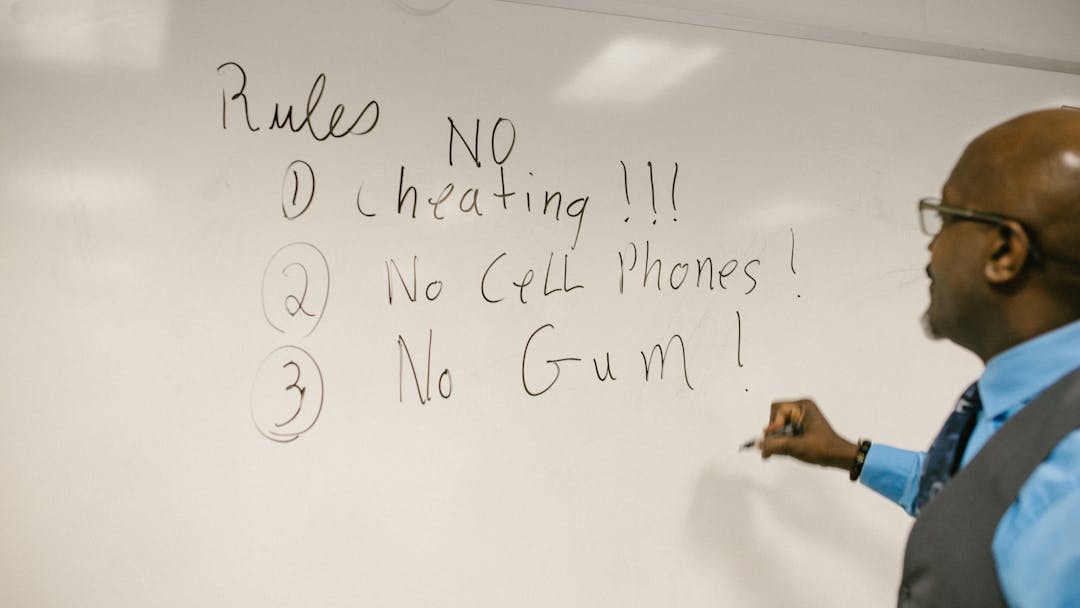Understanding the Rule of Completeness in Michigan Courts: MRE 106
In the pursuit of truth and ensuring fairness during legal proceedings, the Michigan Rules of Evidence (MRE) play a crucial role.
One particular rule, MRE 106 (Completeness), safeguards against misleading interpretations and fosters a more comprehensive understanding of presented evidence.
What is the Rule of Completeness?
MRE 106 states: “If a party introduces part of a writing or recorded statement, any other party may introduce the remainder, or so much thereof as is relevant to the portion introduced, if the remainder or portion thereof offered completes the statement or renders it more understandable.”
In simpler terms, when a portion of a written or recorded statement is presented in court, the opposing party has the right to introduce the remaining relevant parts of the statement.
This ensures that the jury or judge hears the full context and avoids being swayed by a potentially misleading snippet of evidence.
Why is the Rule of Completeness Important?
Imagine a scenario where the prosecution presents a written excerpt from a witness’s statement, highlighting a specific sentence that seemingly incriminates the defendant. Without the complete statement, the jury might be left with an incomplete picture, potentially overlooking crucial contextual details or even contradictory information that could exonerate the defendant.
MRE 106 prevents such scenarios by allowing the defense to introduce the remaining relevant parts of the statement. This ensures that:
- The jury has access to a more complete picture and can make a well-informed decision based on all relevant information.
- Misleading interpretations are minimized as the opposing party can present the full context of the statement.
- Fairness is upheld by allowing both sides to present a complete picture of their case.
It’s important to note:
- The opposing party can only introduce relevant portions of the statement, not everything. The court will determine what constitutes relevant information based on the specific case and the previously introduced portion.
- MRE 106 only applies to written or recorded statements, not oral statements.
Conclusion
MRE 106 plays a vital role in ensuring fairness and promoting a complete understanding of evidence in Michigan courts. By allowing the introduction of relevant, contextual information, the rule helps prevent misleading interpretations and fosters a more just legal process.

Related Articles
No Results Found
The page you requested could not be found. Try refining your search, or use the navigation above to locate the post.
More Posts
No Results Found
The page you requested could not be found. Try refining your search, or use the navigation above to locate the post.









